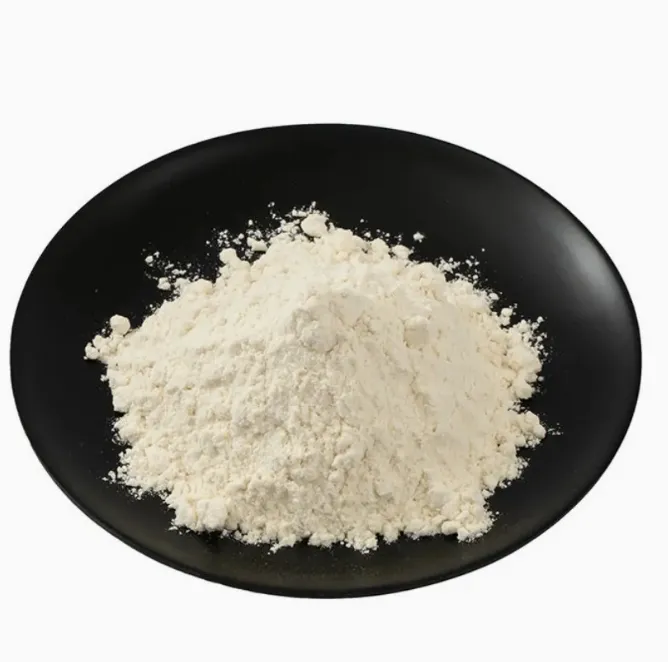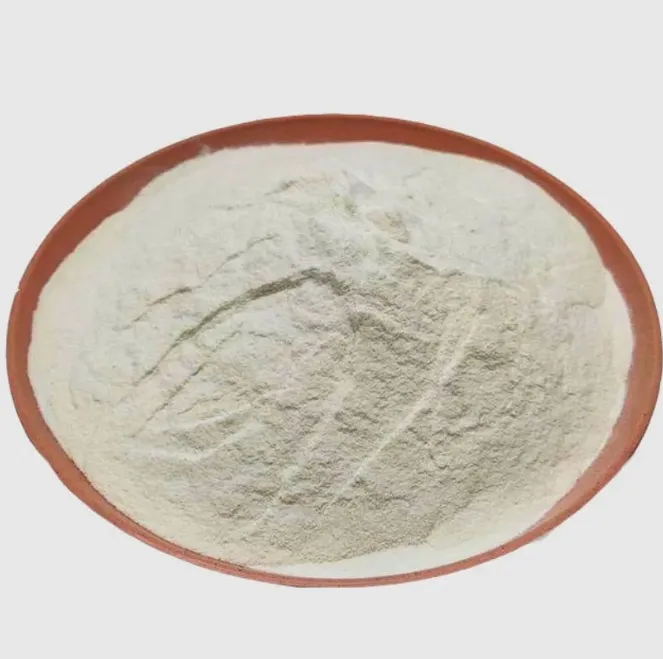Warning: Undefined array key "title" in /home/www/wwwroot/HTML/www.exportstart.com/wp-content/themes/1198/header.php on line 6
Warning: Undefined array key "file" in /home/www/wwwroot/HTML/www.exportstart.com/wp-content/themes/1198/header.php on line 7
Warning: Undefined array key "title" in /home/www/wwwroot/HTML/www.exportstart.com/wp-content/themes/1198/header.php on line 7
Warning: Undefined array key "title" in /home/www/wwwroot/HTML/www.exportstart.com/wp-content/themes/1198/header.php on line 7
- Neeg African
- Albanian
- Amharic
- Arabic
- Armenian
- Azerbaijani
- Basque
- Belarusian
- Bengali
- Bosnian
- Bulgarian
- Catalan
- Cebuano
- Tuam Tshoj
- Tuam Tshoj (Taiwan)
- Corsican
- Croatian
- Czech
- Danish
- Dutch
- Lus Askiv
- Esperanto
- Estonian
- Finnish
- Fabkis
- Frisian
- Galician
- Georgian
- German
- Greek
- Gujarati
- Haitian Creole
- haus
- hawaiian
- Hebrew
- Tsis yog
- Miao
- Hungarian
- Icelandic
- ib igbo
- Indonesian
- irish
- Italian
- Nyiv
- Javanese
- Kannada
- kazakh
- Khmer
- Rwandan
- Kauslim
- Kurdish
- Kyrgyz
- TB
- Latin
- Latvian
- Lithuanian
- Luxembourgish
- Macedonian
- Malgashi
- Malay
- Malayalam
- Maltese
- Maori
- Marathi
- Mongolian
- Myanmar
- Nepali
- Norwegian
- Norwegian
- Occitan
- Pashto
- Persian
- Polish
- Portuguese
- Punjabi
- Romanian
- Lavxias
- Samoan
- Scottish Gaelic
- Serbian
- Lus Askiv
- Shona
- Sindhi
- Sinhala
- Slovak
- Slovenian
- Somali
- Spanish
- Sundanese
- Swahili
- Swedish
- Tagalog
- Tajik
- Tamil
- Tatar
- Telugu
- Thaib
- Turkish
- Turkmen
- Ukrainian
- Urdu
- Uighur
- Uzbek
- Nyab Laj
- Welsh
- Pab
- Yiddish
- Yoruba
- Zulu
Jun . 17, 2025 11:10 Rov qab mus rau npe
Certifications for Vegetarian and Xanthan Gum Vegetarian
The global demand for plant-based and allergen-free ingredients has turned xanthan gum powder into a staple for food and cosmetic manufacturers. However, its xanthan gum vegetarian and vegan credentials rely on certifications that validate ethical sourcing, safety, and production integrity. For wholesalers, these certifications are not just badges—they are critical tools for ensuring compliance, minimizing risks, and meeting the rigorous standards of conscious consumers. This article explores how certifications for xanthan gum safe use in vegetarian and vegan products shape wholesale strategies and foster trust in a competitive marketplace.

Certifications Elevate Xanthan Gum Powder Credibility in Wholesale
Certifications serve as a universal language of trust in the xanthan gum powder supply chain. For wholesalers, sourcing certified batches ensures alignment with regional regulations like the EU’s Cosmos Organic standards or the FDA’s GRAS (Generally Recognized as Safe) designation. These credentials verify that xanthan gum vegetarian and vegan products are free from animal-derived ingredients, cross-contamination, and harmful additives. Certifications such as the Vegan Society Trademark or ISO 23662 also streamline procurement by pre-vetting suppliers, reducing due diligence efforts for bulk buyers. In an era where 73% of consumers prioritize ethical labeling, certified xanthan gum safe stocks enable wholesalers to cater to premium markets while mitigating recalls or legal disputes.

Vegan Standards for Xanthan Gum Vegetarian
The distinction between xanthan gum vegetarian and vegan certifications is pivotal for wholesalers. Vegetarian certifications, such as those from the Vegetarian Society, permit shared production facilities with dairy or eggs but prohibit direct animal additives. In contrast, vegan certifications like the Vegan Trademark require fully segregated production lines, third-party audits, and traceability to exclude cross-contact with animal products. For example, xanthan gum powder used in vegan cheese must adhere to stricter protocols than products labeled vegetarian. Wholesalers must align their inventories with client specifications—vegan certifications appeal to allergen-sensitive brands, while vegetarian options may suffice for broader markets. Understanding these nuances ensures bulk buyers avoid costly mismatches between supplier certifications and manufacturer requirements.
How Certifications Guarantee Xanthan Gum Safe Use
Safety certifications are non-negotiable for xanthan gum safe integration into food and cosmetics. The FDA’s 21 CFR 172.695 sets limits on microbial counts (≤1,000 CFU/g) and heavy metals (e.g., lead ≤10 ppm), while EFSA mandates stability testing for use in sensitive applications like infant formula. Halal and Kosher certifications further broaden market access by complying with religious dietary laws. For wholesalers, these standards act as a shield against liabilities. A 2023 incident involving xanthan gum powder contaminated with undeclared gluten led to a $1.2M recall for a vegan bakery chain—underscoring the cost of non-compliance. Certifications like GFCO (Gluten-Free Certification Organization) or NSF International provide additional layers of assurance, making them indispensable for bulk buyers prioritizing risk mitigation.
Certifications For Xanthan Gum Vegetarian as a Strategic Asset in Wholesale Procurement
In wholesale, certifications for xanthan gum vegetarian and vegan products are not just compliance tools—they are competitive advantages. Suppliers with dual certifications (e.g., Vegan Action and Non-GMO Project Verified) attract premium buyers willing to pay 10–15% more for guaranteed quality. Blockchain-enabled certifications, such as those using IBM Food Trust, enhance traceability by documenting every step from fermentation to delivery. This transparency is invaluable for wholesalers serving markets like the EU, where regulations demand full supply chain visibility. Additionally, certifications future-proof inventories against evolving standards, such as California’s Proposition 65 thresholds for contaminants. By prioritizing certified xanthan gum safe stocks, wholesalers position themselves as reliable partners in a rapidly growing plant-based economy.
FAQ:Addressing Key Questions About Xanthan Gum Vegetarian Certifications
What is the difference between vegetarian and vegan certifications for xanthan gum vegetarian?
Xanthan gum vegetarian certifications allow shared facilities with dairy/eggs but ban direct animal ingredients. Vegan certifications require segregated production and audits to eliminate cross-contact, ensuring no animal involvement.
Are there region-specific certifications for xanthan gum safe use?
Yes. Xanthan gum safe use have region-specific certifications. The EU requires EFSA approval and Cosmos Organic standards for cosmetics, while the FDA’s GRAS designation governs food use. Halal and Kosher certifications cater to religious dietary laws globally.
Does non-GMO certification affect xanthan gum vegetarian status?
Indirectly. Non-GMO verification ensures plant-based substrates (e.g., corn) align with vegan ethics but doesn’t replace vegan-specific certifications. Both are often sought for premium markets.
How do xanthan gum powder certifications impact wholesale pricing?
Certified xanthan gum powder costs 10–15% more due to audit fees and segregated production. However, they reduce long-term risks and attract buyers prioritizing ethical sourcing.
Why are halal certifications relevant for xanthan gum vegetarian?
Halal standards prohibit alcohol and animal enzymes, overlapping with vegan requirements. Dual certification broadens market reach for wholesalers in regions like the Middle East and Southeast Asia.
In the dynamic world of plant-based manufacturing, certifications for xanthan gum powder are a linchpin of trust and compliance. For wholesalers, they simplify procurement, mitigate risks, and unlock access to high-value markets. As demand for transparency surges, certified xanthan gum vegetarian and vegan stocks will remain indispensable, proving that ethical practices and profitability can coexist in the global wholesale landscape.
Xov xwm tshiab
-
Certifications for Vegetarian and Xanthan Gum Vegetarian
Xov xwmJun.17,2025
-
Sustainability Trends Reshaping the SLES N70 Market
Xov xwmJun.17,2025
-
Propylene Glycol Use in Vaccines: Balancing Function and Perception
Xov xwmJun.17,2025
-
Petroleum Jelly in Skincare: Balancing Benefits and Backlash
Xov xwmJun.17,2025
-
Energy Price Volatility and Ripple Effect on Caprolactam Markets
Xov xwmJun.17,2025
-
Spectroscopic Techniques for Adipic Acid Molecular Weight
Xov xwmJun.17,2025

